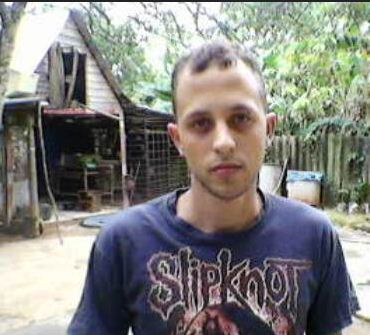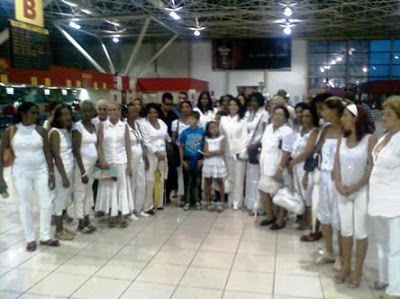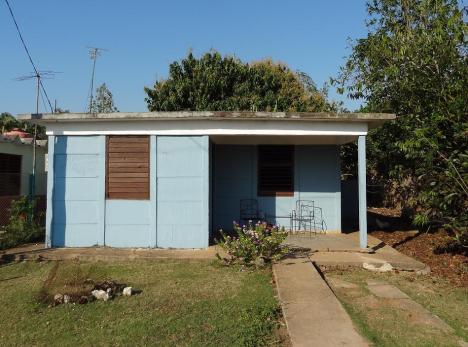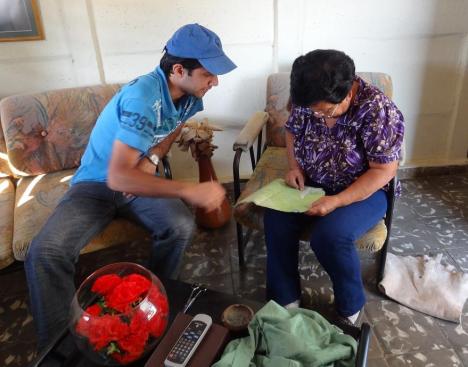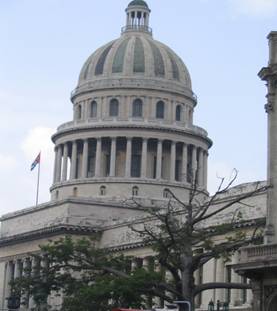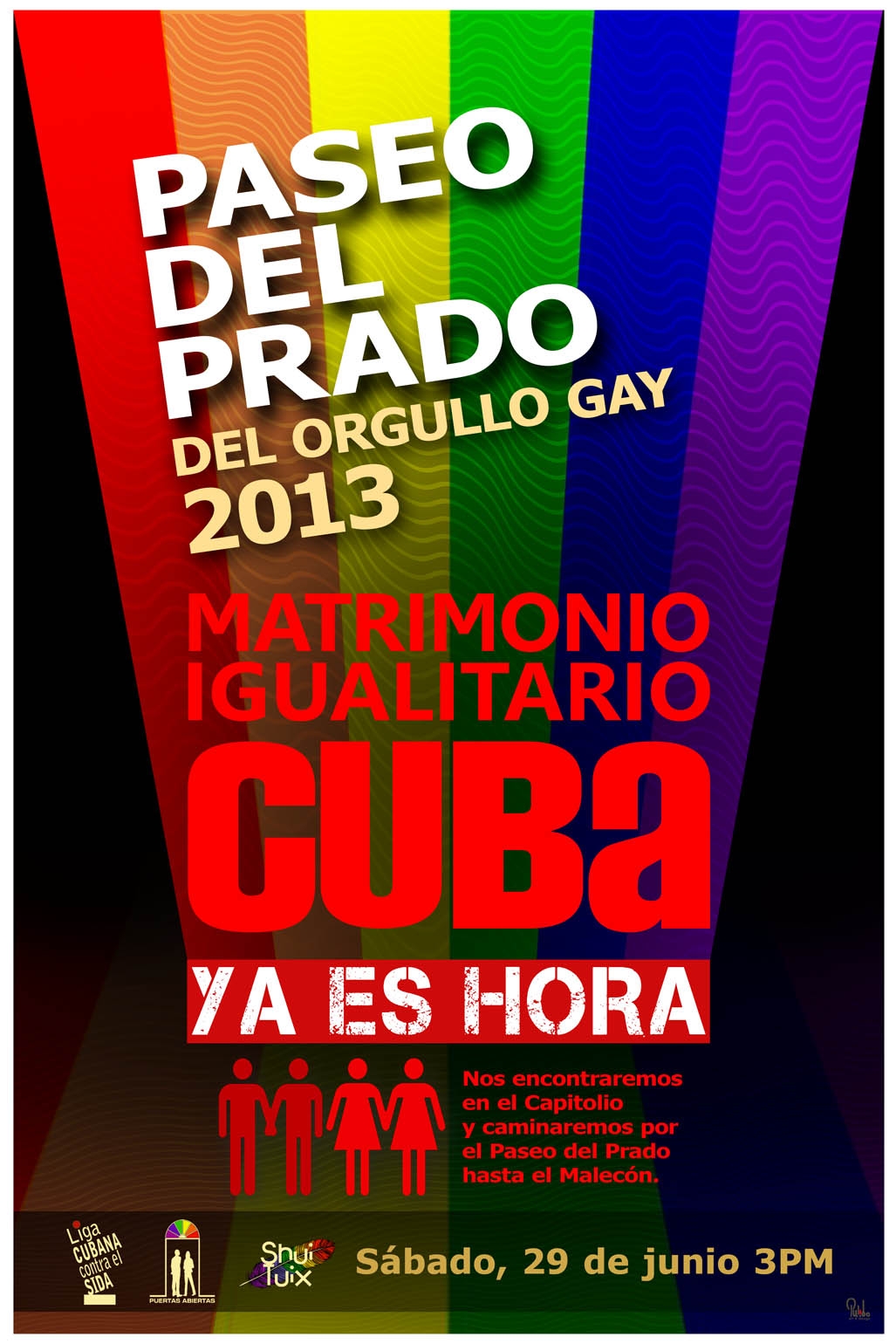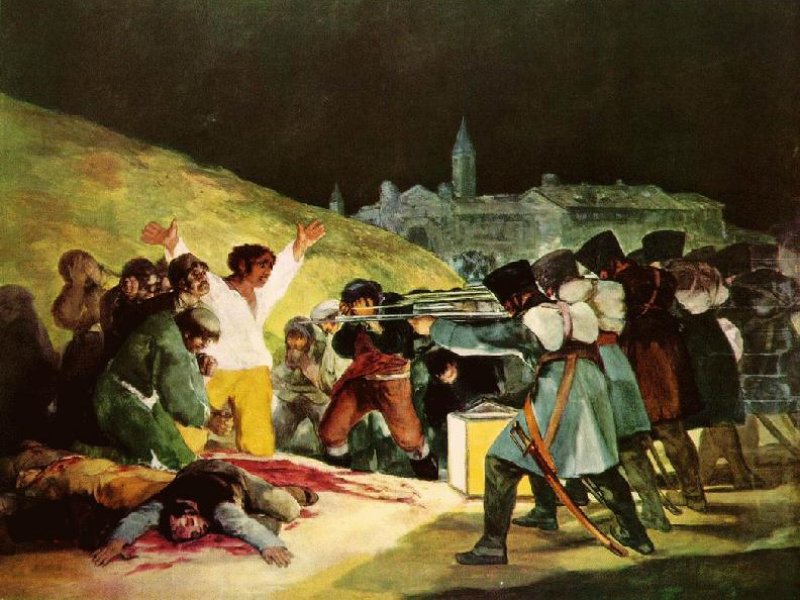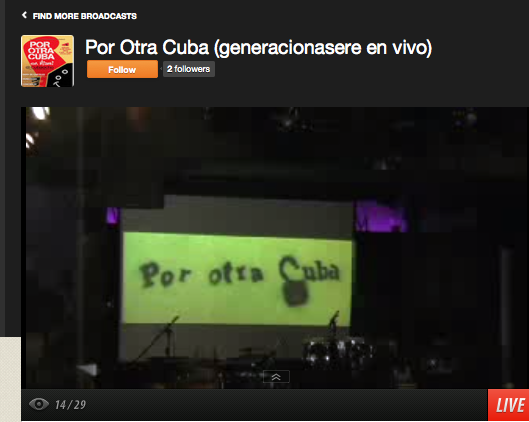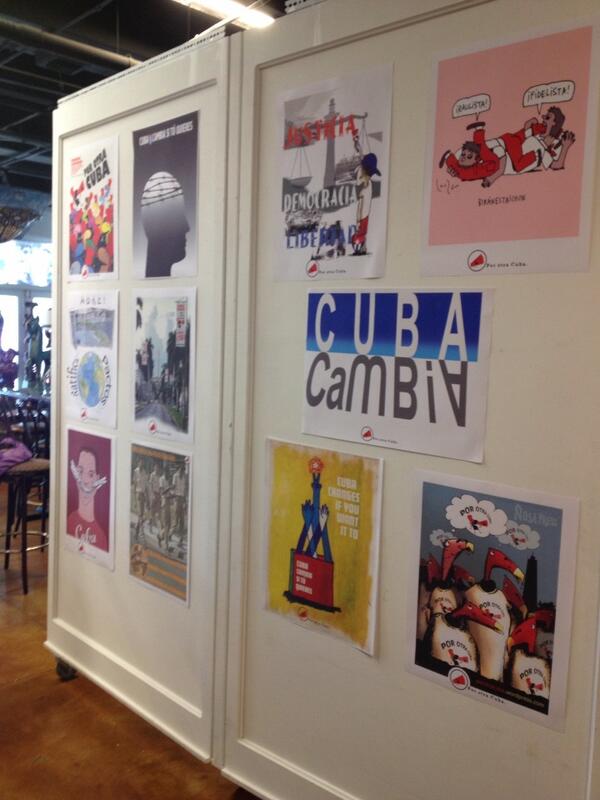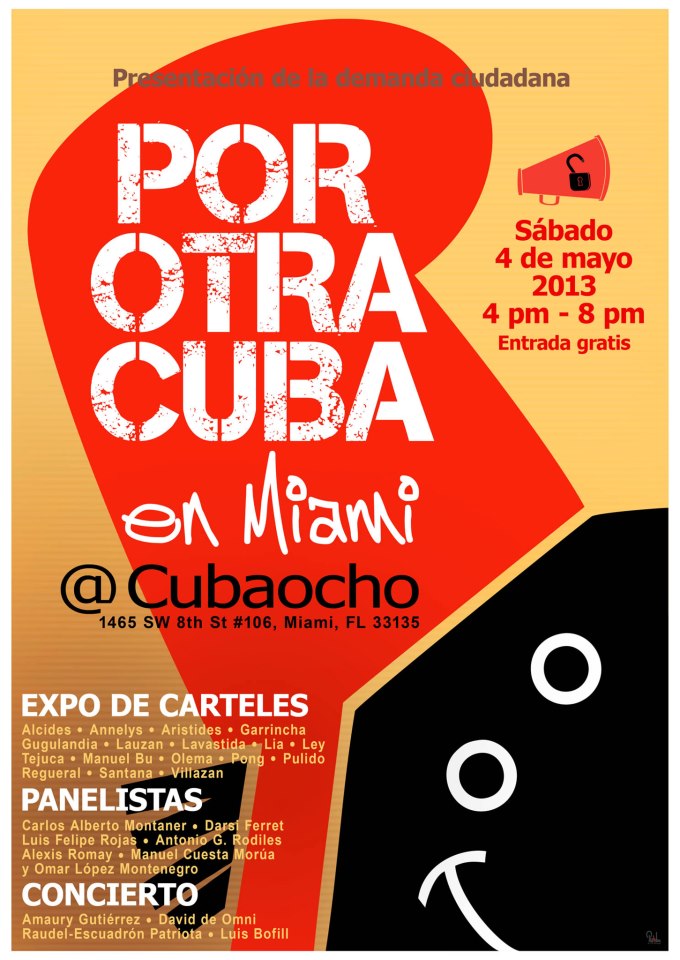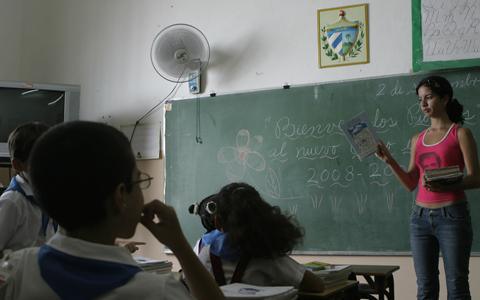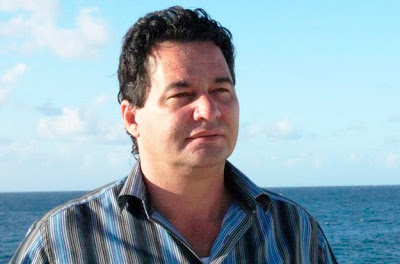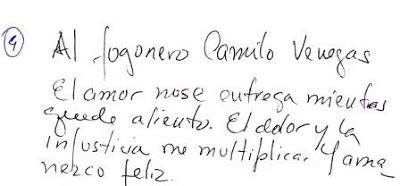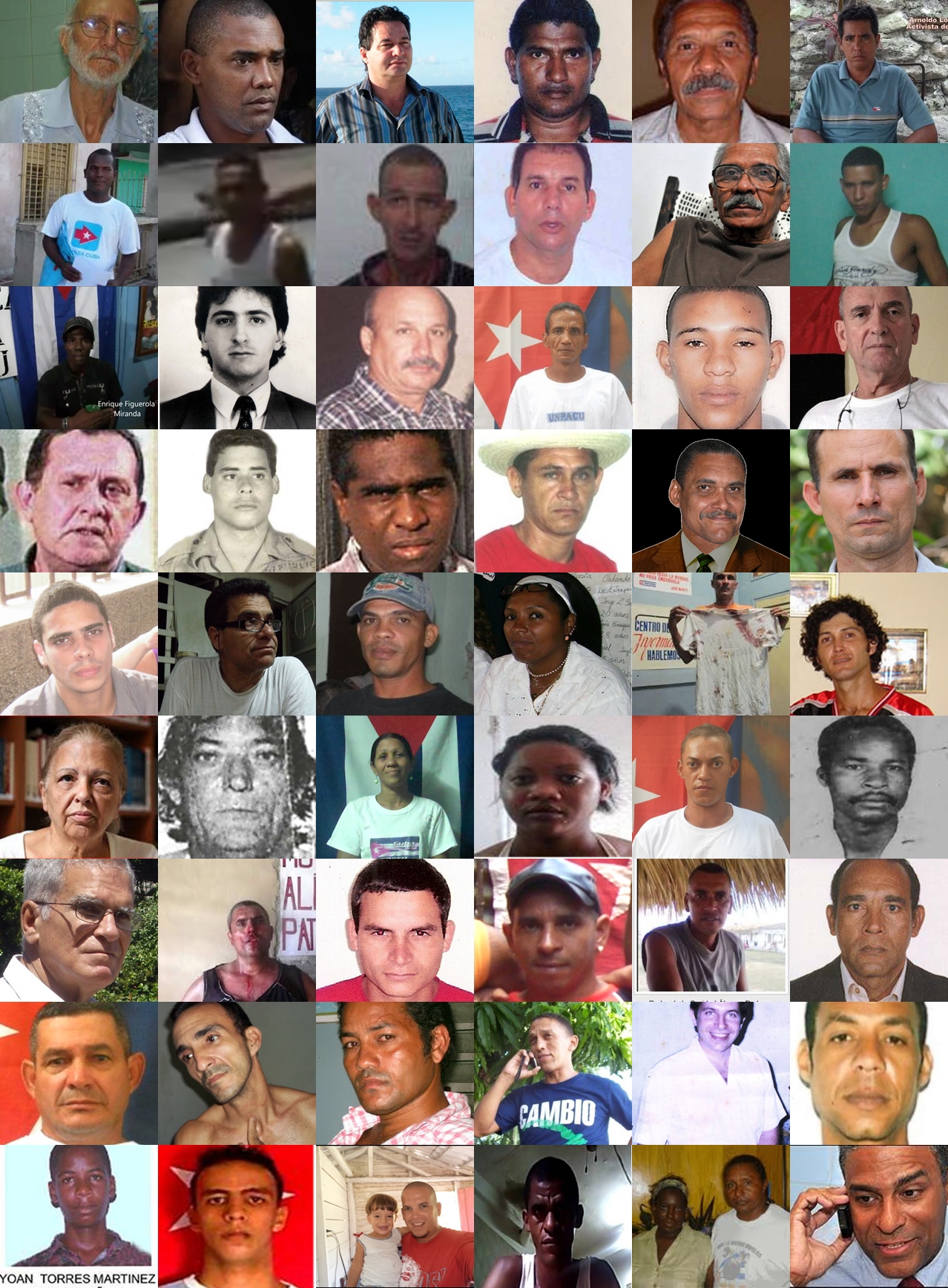
Tomorrow, May 1, the United Nations Human Rights Council will meet in Geneva, where Cuba will present a report with notes on its prison policy.
“Dressing up” for the occasion, for the first time in nine years the Castro regime opened its jails to the national and international press accredited in Cuba. It is public knowledge that the infamous stance adopted by these visitors facing the reality of the Cuban prison system.
In a previous statement we urged journalists to reconsider and not continue to be complicit in the crimes committed in the Castro concentration camps. But silence prevailed as expected.
Those who were not silent were the prisoners who by different means told the world the cruel reality that the dictatorship makes happen. All their complaints are on the Internet. Here we provide a link where you can listen to two testimonies of the many who have appeared just in the last few days.
Angel Santiesteban-Prats wrote an open letter to the Human Rights Council which urges them to know and appreciate the real testimonies of those who suffer violations of their most basic rights, countless humiliations and deprivation in these prisons. The letter has been widely reported by the international media and numerous blogs over several days.
On the strength of his claim, we publish the letter again, this time in English, as submitted to the Council.
We believe it is most opportune to recall the list of political prisoners who populate the concentration camps and who both the Castro regime, and its allies in the world, refuse to admit the existence of.
We hope that neither Angel Santiesteban’s Letter nor the list of political prisoners are ignored tomorrow at the meeting of the Council, and that its members show the world that they are fulfilling their mission to ensure the defense of Human Rights without distinction.
For all Cuban prisoners we ask for justice and respect for their rights. And for the political prisoners in particular, justice, respect for their rights and freedom.
Finally we urge everyone to work together tirelessly disseminating the list of political prisoners — sadly always provisional — so that their names are not forgotten and the world’s eyes are finally opened to the terrible reality that Cubans have been suffering for 54 years.
Thank you for your attention,
The Editorial Team
Open Letter to the United Nations Human Rights Council
Honourable Sirs,
I turn to you from the deep despair produced by my imprisonment for reasons of consciousness in one of the Castro brothers’ horrific prisons. In your hand is the opportunity to stop the agony for so many inmates who survive the cruelest famines and tortures, both physical and psychological.
In order to hide the truth, on April 9, just before the international journalists arrived, I was transferred by the back door from the prison La Lima, where I was confined, to another prison, the 1580, wherein all sorts of outrages and humiliations, worthy of Nazi concentration camps, are committed against the inmates. Inmates are crammed in small spaces; there is a lack of food and proper sanitation, the violence is constant, the most basic rights of the prisoners and their families are violated. These sad conditions add up to make this prison a true concentration camp.
In recent months there have been two large fires in the prison, the causes of which have yet to be explained. Multiple suicides also accompany daily life in this prison.
Upon my arrival I started a hunger strike; I was put in solitary confinement with no light, no water, no clothes or toiletries. After several days I was violated by several guards, some of them held me by my limbs while another pressed my nostrils until I opened my mouth to breathe and a stinking soup was introduced into, which choked me; and thus again and again I was force fed this soup until I was on the floor of the cell completely covered in food, which I vomited uncontrollably.
I want to denounce Lieutenant Colonel Carlos Quintana, head of the Provincial Penitentiary Administration of Havana who is directly responsible for what I have told above.
I also want to clarify that my situation is not the worst. I wish that you could listen directly to the abused inmates in order they could explain for themselves the hell in which they live. I fear not being credible enough to expose the horror and the wickedness we suffer daily.
The Cuban government must understand once and for all that it is impossible to maintain their power at the expense of people’s pain.
We, who are suffering these terrible circumstances, strongly urge you to value this first-hand testimony, which I give under full oath; asking God to put His holy hands on this country forgotten by the international community, and that the testimonies of the prisoners such as myself can be heard. We ask that Cuba signs the UN covenants and accepts the statements of Human Rights declarations, and if it does not do so, that appropriate measures should be taken to expel the existing Cuban government from the concert of free nations.
We are a devastated country that, despite these fifty-four years of slavery, still dreams of becoming a prosperous and free nation. We need help and support, we need that this horror, the one my fellow inmates and I have and continue to suffer, be halted.
I beg you to accept my gratitude in advance.
Yours faithfully,

Angel Santiesteban
Prisión 1580.
Partial list of those sanctioned and processed for political reasons drawn up on the basis of what the Cuban Commission of Human Rights and National Reconciliation published this year, more cases have been added since then. There may be more cases we do not know:
1- Abreu Bonora, M.arcelino
2- Alcalá Aramboru, Harold
3- Alonso Hernández, Claro Fernando
4- Alonso Parada, Lázaro
5- Álvarez Pedrozo, Pedro de la Caridad
6- Álvarez Puig, Yordanis
7- Arce Romero, Lewis
8- Arcia Céspedes, Pavel
9- Arzuaga Peña, Ariel Eugenio
10- Ávila Sierra, Lázaro
11- Borges Pérez, Ernesto
12- Brachaw Alexander, Dolyn
13- Bravo López, Joel
14- Cano Díaz Joel
15- Caraballo Betancourt, Madeline Lázara
16- Castillo González, Reinaldo
17- Cervantes García Jorge
18- Cerezo Sirut Leandro
19-Cobas Sendó, Roelvis
20- Cornel de la Rosa, Raúl Manuel
21- Corrales Jiménez, Nayibis de la Caridad
22- De Miranda Rubo, Karel
23- Delgado Aramburo, Maikel
24- Díaz Bouzá, Miguel
25- Díaz Ortíz, José Ángel
26- Farret Delgado, Yander
27- Frenández Benitez, Luis Enrique
28- Figuerola Miranda, Enrique
29- Forbes Lamorú, Alain
30- Frometa Allen, Eider
31- Frometa Lobaina, Ángel
32- Garro Alfonso, Sonia
33- González Castillo, Eliso
34- González Estrada, Alexander
35- González Moreno, Ulises
36- González Pozo, Eldris
37- Gross, Allan Philip
38- Guía Piloto, Yosiel
39- Henry Grillo, Ramón
40- Hermán Aguilera, José David
41- Hernández Ruiz Ricardo
42- Labrador Díaz, Luis Enrique
43- Ledea Pérez, Wilmer
44- Lescay Veloz, Rider
45- Lima Cruz, marcos Maikel
46- López de Moya, Danny
47- Lozada Igarza, Luis Enrique
48- Martín Calderín, Carlos Rafael
49- Martín Calderín, Miraida
50- Matos Montes de Oca, Rafael
51- Muñoz González, Ramón Alejandro
52- Mustelier Galán, Bismark
53- Naranjo Bonne, Omar
54- Núñez Pascual, Adriana
55- Osoria Claro, Francisco
56- Padrón Quintero, Santiago
57- Parada Ramírez, Raúl
58- Peña Ramírez Jesús Manuel
59- Pérez Bocourt, Elias
60- Pérez Pérez, Danny
61- Pérez Puentes, Jorge Luis
62- Piloto Barceló, David
63- Planas Robert, Emilio
64- Pradera Váldez, Máximo
65- Puig Rodríguez, Yelkis
66- Quvedo Valladares, Eliosbel
67- Real Suárez, Humberto Eladio
68- Reyes Rodríguez, Francisco
69- Ribeau Noa, Arcelio
70- Rivera Guerra, Niorvis
71- Riveri Gascón, Ernesto Roberto
72- Rodríguez Acosta, Osvaldo
73- Rodrígez Castillo, Osvaldo
74- Rodríguez Jiménez, Boris
75- Romero Hurtado, Lázaro
76- Salmerón Mendoza, Erick
77- Sánchez Pérez, César Andrés
78- Santiesteban Prats, Ángel Lázaro
79- Santovenia Fernández, Daniel Candelario
80- Sarraf Trujillo, Rolando
81- Sosa Fortuny, Armando
82- Surís de la Torre, Ihosvani
83- Tavío López, Rogelio
84- Terrero Carrión, Grerardo
85- Thomas González, Yoanny
86- Torres, Luis Antonio
87- Torres Mártínez, Yoan
88- Tudela Iríbar, Rolando
89- Triana González, Orlando
90- Vargas Martín, Alexei
91- Vargas Martín, Diango
92- Vargas Martín, Vianco
93- Vázquez Osorio, Juan Carlos
Political prisoners who continue to serve their sentences on parole:
1- Argüelles Morán, Pedro
2- Biscet González, Oscar Elías
3- Díaz Fleitas, Eduardo
4- Espinosa Chepe, Oscar Manuel
5- Ferrer García, José Daniel
6- Gónzalez Marrero, Disodado
7- Hérnandez Carrillo, Iván
8- Linares García, Librado
9- López Pérez, Abel
10- Maseda Gutiérrrez, Héctor
11- Moya Acosta, Ángel Juan
12- Navarro Rodríguez, Felix
13- Olivera Castillo, Jorge
14- Palacios Ruiz Héctor
15- Ramos Lauzurique Arnaldo
16- Roque Caballero, Martha Beatriz
30 April 2013
